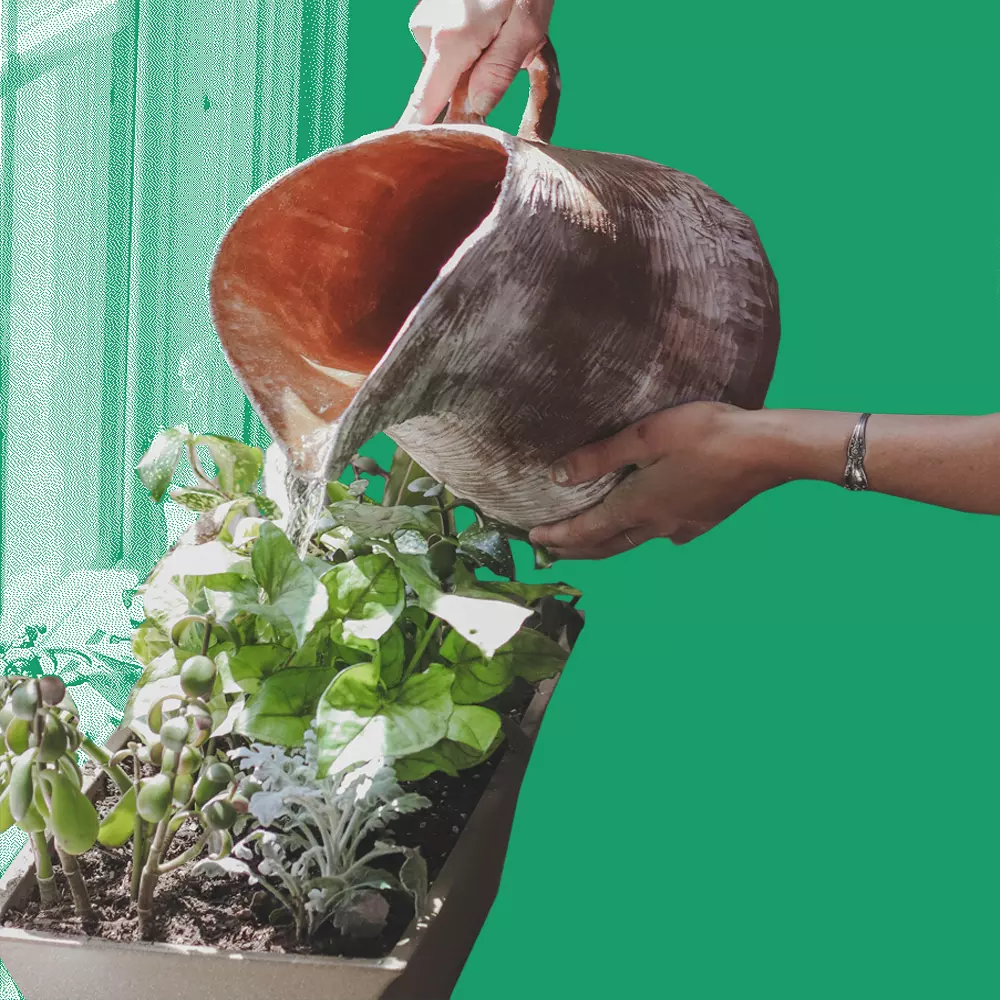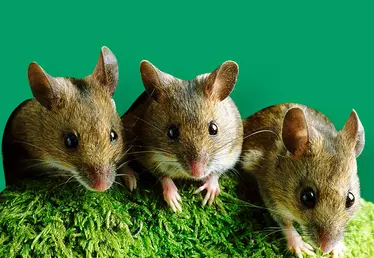

Hero banner custom title
Can I boost biodiversity from my backyard or balcony?
4 min
Next time you’re feeling lazy about mowing the lawn, don’t feel guilty because skipping this tedious chore can actually boost biodiversity around you.
As it turns out, opting for a pastoral look for your backyard or balcony versus an immaculately manicured look, can make a big difference in your little corner of the world. Letting grass grow sets off a chain reaction that boosts biodiversity. An unmowed lawn allows for plant diversity, which boosts insect populations and increases the number of pollinators. What’s more, lawns mowed once a month are more drought resistant as well.
Lawns mowed less often are more drought resistant.
Biodiversity also yields a diverse range of beneficial microbes, which directly impact animal and human immunity and health. Regular exposure to a wider range of microbes builds up resistance to allergens, can prevent asthma and, according to some studies, can even lower anxiety and boost cognitive function. All that because you decided to binge watch your latest obsession instead of mowing the lawn ౼ not a bad tradeoff!
Let it pile up
While you’re at it, you can also cross raking the leaves off your list, as leaf litter creates a cozy home for beneficial insects and enriches soil as it decays. Studies show that plants absorb nutrients in the soil, insects eat those plants, animals that eat those insects and nutrients are transferred on to humans who eat those plants and animals. On the other hand, if plant diversity dwindles, insects that feed on extinct species will suffer, and so goes the domino effect in the opposite direction.
Hélène Soubelet, director of the Foundation for Biodiversity Research (FRB), based in Paris, recommends letting dead trees, piles of wood and other green waste decompose naturally in your garden. “These actions break down organic matter into elements, soil organisms make them available to plants which, by growing, participate in carbon storage," says Hélène Soubelet.
Biodiversity in the city
Let’s say you’re a city dweller and you don’t have a sprawling garden ౼ you, too, can contribute to biodiversity from your balcony. "What is true for a garden is also true for a balcony,” says Jean-François Silvain, president of the FRB. “You can set up a shelter for passerine birds, an insect hive, plant various plants or just place a few logs on the ground to shelter spiders and insects."
The most important decision you can make is opting for native plants. While that exotic blooms or might be a great conversational piece, they can disturb native species. For instance, native insects and animals are generally immune to harmful chemicals that native plants release to protect against predators; the same cannot be said for the chemicals released by non-native flora. What’s more, native plants are far easier to care for and more resistant to the local climate.
Lighting your garden at night disturbs many organisms.
As a general rule of thumb, whether creating a backyard garden or fifth-floor oasis, do as nature does. That includes, leaving dried leaves and twigs where they fall, mimicking rainfall when watering your plants by thoroughly soaking soil on a less frequent basis, using organic compost to keep soil cool and protect native organisms and bacteria and resisting the temptation to light your garden at night, as this disturbs many organisms.
Today, the world at large is feeling the consequences of dwindling biodiversity, but everyone can do their part to boost biodiversity ౼ wherever your little patch of green might be.
Share it:













